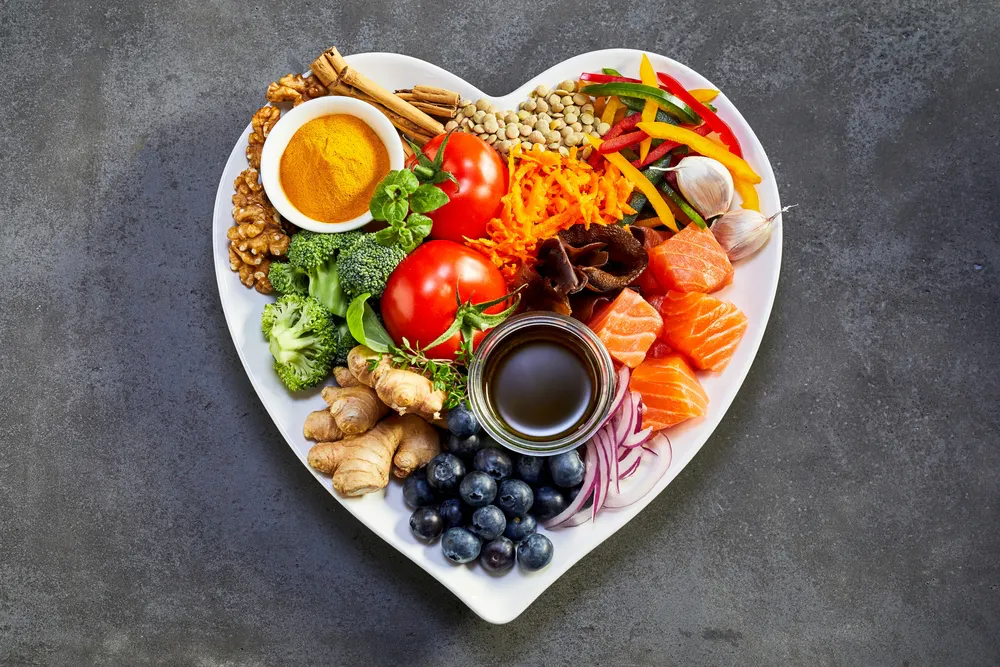No products in the cart.
Simple Meds Online
Diet And Hypertension : What Is The Connection?
Diet And Hypertension often said that “you are what you eat,” and when it comes to hypertension, there’s some truth to that saying. Diet plays a critical role in controlling high blood pressure, and understanding the connection between the two can be a powerful tool in managing your blood pressure. From salt intake to nutrient-rich foods, the foods you choose to put on your plate can have a significant impact on your blood pressure levels.
How does diet affect blood pressure?
Diet plays a crucial role in maintaining healthy blood pressure levels. When you consume food, your body breaks down the nutrients and uses them to perform various functions, including regulating blood pressure. A healthy diet filled with nutrient-dense foods can help your body maintain healthy blood pressure levels, while an unhealthy diet can cause your blood pressure to rise.
Fruits, vegetables, whole grains, nuts, seeds, legumes, fish, lean meats, and low-fat dairy are all nutrient-dense foods that can support healthy blood pressure levels. These foods are rich in vitamins, minerals, fibre, and other beneficial nutrients that can help keep your blood vessels healthy and relaxed, which in turn can help lower blood pressure.
On the other hand, foods that are high in sodium, saturated fats, trans fats, and added sugars can contribute to high blood pressure and increase the risk of heart disease. Processed foods, sugary drinks, red meat and deep-fried foods are all examples of foods that should be limited or avoided if you have high blood pressure or are at risk of developing it.
Sugary drinks, such as fizzy pop and juice, are especially problematic, as they can contain high amounts of added sugar. Try to limit your intake of sugary drinks, and opt for water, herbal tea, or unsweetened beverages instead.

